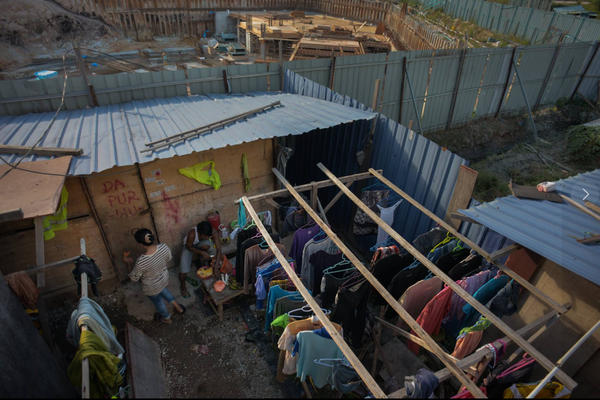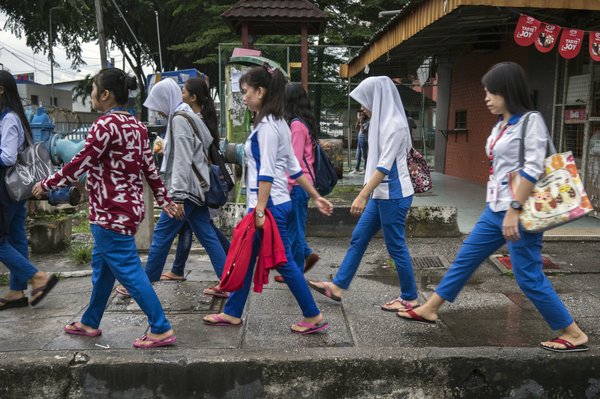
Nepali migrants inspired by the light at the end of the tunnel. Photo by Lanju Fotografie on Unsplash.
As of March 2019, the total population of documented Nepali migrant workers in Malaysia was reported as 331,724. This places Nepal as the third highest source country for migrant workers in Malaysia. A number of factors beyond that of supply and demand help to account for these high numbers.
Many recruitment agencies in Nepal recommend Malaysia to the aspiring migrant worker as opposed to the Gulf countries, where wages are higher. They point to the favourable climate of Malaysia in comparison to the hot and dry conditions of the Gulf countries. Getting a work visa in Malaysia is allegedly easier as there is no need for fluency in English. Moreover, aspiring Nepali migrants are told that the recruitment fees charged in Malaysia are relatively affordable compared to the Gulf countries. Based on data from our fieldwork, conducted from 2020-2021, Nepali migrants will have to pay out between 100,000–150,000 Nepalese Rupees (up to £950) for their air tickets, visas and travel arrangements for migration to Malaysia. The recruitment fees to the UAE, on the other hand, could cost up to 200,000-250,000 Nepali rupees (up to £1,590).
The decision to leave for Malaysia is also driven by employment conditions in Nepal. The Nepali migrants interviewed during our fieldwork told us that the lack of a proper salary payment schedule for most jobs in Nepal leaves labourers with no guarantee that they will receive their wages on time. Worse, even though they might have put in a month’s work, there is no guarantee that they will receive their salaries at the end of the month. Loans from relatives and friends to start up their own businesses are close to impossible to obtain. This is because their relatives and friends believe there is no guarantee that the intended businesses will succeed and generate profits. As such, the migrants believe that loans for migration costs are easier to obtain because a migrant will be working on a fixed salary. This means they will be guaranteed to remit and be able to settle loans given within a certain period of time.
Compounded with the lack of job opportunities in Nepal, migration is neither a choice nor a privilege. Once in the host country, other financial challenges confront them. Through our fieldwork, we found that the usual salary in the manufacturing and service industries is between Malaysian Ringgit (RM) 1,500-1,800 per month. Nepali migrants need to keep their monthly expenditures within RM 400- RM 500 and remit the remainder back to their families and households. Remittances have enabled some migrants not only to be able cover household expenditures but also to afford private schooling for their children. With more savings, respondents interviewed have hopes to open up a small business, build a house or engage in animal husbandry when they return home for good.
Given this, most of the Nepali migrants interviewed have chosen to see the positive aspects of their migration. They said they have developed confidence, problem solving and survival skills. They appreciate the value of hard work, learned how to better manage their time, and be more disciplined. Out of necessity, they have picked up conversational English or Malay. The ability to provide for their families back in Nepal has given them a deep sense of fulfilment. Despite all the difficulties and challenges they face in Malaysia, they choose to see the light at the end of the tunnel.



